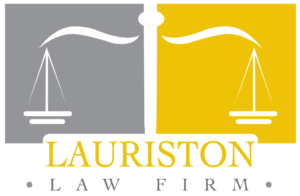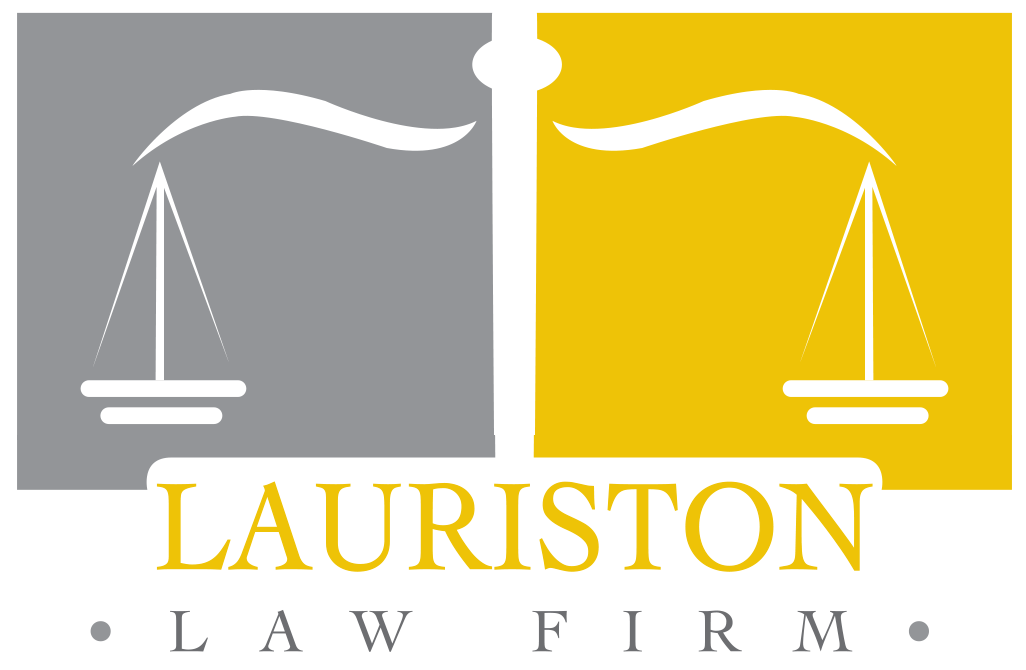Restraining Orders in Fort Lauderdale, Florida
According to the Florida Department of Children and Families, there were 105,298 crimes of domestic violence reported to Florida law enforcement in 2019. These reported incidents resulted in 66,069 arrests. During 2019-2020, Florida’s certified domestic violence centers provided 563,721 nights of emergency shelter to 13,250 survivors of domestic violence and their children. Unfortunately, these numbers may be only the tip of the iceberg, since many domestic violence victims do not report their abusers to the police. They also may not access Broward County domestic violence services due to fear or shame, or because their abusers prevent them from doing so.
If you are a victim of domestic violence, you may be able to file a restraining order/protective order with the court. You must show you have been a victim of domestic violence or are in imminent danger of becoming a victim of domestic violence. In order to file the petition, there must have been two incidents of violence or stalking, and one of those incidents must have occurred within the past six months. If you have filed a restraining order or protective order and feel you need an attorney to represent you during an upcoming hearing, the attorneys at Lauriston Law Firm can help. If you have been served with a temporary injunction, we can assist you in ensuring your rights are protected.
What is Considered Domestic Violence in the State of Florida?
Florida domestic violence statutes can be found in the 2021 Florida Statutes, Chapter 741 (741.28-741.31). According to these statutes, any “assault, aggravated assault, battery, aggravated battery, sexual assault, sexual battery, stalking, aggravated stalking, kidnapping, false imprisonment, or any criminal offense resulting in physical injury or death of one family or household member by another family or household member.”
It is important to recognize how potentially extensive “family or household member” can be. A spouse, former spouse, a person related by blood or marriage, a person residing with you as a family, a person you have resided with in the past, or the other parent of your child can all qualify under these terms. With the exception of parents of a child, in most cases, family or household members must either currently be living together or must have lived together previously.
What Happens After Filing Restraining Orders or Protective Orders in Broward County?
As the victim of domestic violence in Broward County, you may choose to file restraining orders or protective orders. Protective injunctions in the state of Florida are also known as orders for protection or restraining orders. No matter the name, these orders are meant to protect those who have been the victim of certain types of abuse. There are five different types of protective orders/restraining orders in the state of Florida. The general goal of all of them is to prevent one person from committing specific acts such as being close to the accuser or from things such as owning a firearm. The five types of injunctions for claims of domestic violence are:
- Protection from Dating Violence Injunction—This type of injunction can be used for couples who are or were involved in a dating relationship that is/was continuous or significant or those in an intimate or romantic relationship.
- Stalking Injunction—If you can show there were at least two or more acts of stalking conduct that left you fearful for your safety or your life, you can file this type of injunction. You may know the alleged stalker, or he or she could be a stranger, but in most cases, the stalker is known to the person filing the injunction.
- Domestic Violence Injunction—This injunction is much broader than a dating violence injunction because the order can include household members, people who live together as a family, family members, or those who are parents of a child.
- Sexual Violence Injunction—If you are the victim of a sexual crime committed by a member of your household, a family member, someone you are dating or have dated, a spouse or former spouse, or the other parent of your child, you can seek the protection of the court from further sexual abuse. You must assert at least one crime of sexual violence from the following: Any form of sexual battery, lewd or lascivious conduct in the presence of any individual younger than 16, or enticing or luring a child to perform a sexual act. Criminal charges are likely along with a sexual violence injunction.
- Repeat Violence Injunction—This injunction is generally court-ordered when an individual has been abused by the alleged perpetrator more than one time. This type of injunction does not require that a specific relationship be stated.
A Florida judge could issue a temporary restraining order following the request for a protective injunction if the judge determines it is necessary to protect you against abuse until the person you are filing against can appear in court to defend himself or herself. Temporary restraining orders/protective orders are valid for a maximum of fifteen days. The accused individual will receive a copy of the petition filed against him or her, as well as notice of the final hearing date.
The judge will determine which party is most credible at the final hearing before deciding whether a permanent order should be issued. This “permanent” order can have a time limitation, such as a year from the date the order is issued. If the person under the protective order violates the terms, he or she could face criminal actions, resulting in jail time, large fines, and/or probation. Having a solid, experienced domestic violence attorney by your side during this difficult time could make a significant difference in the eventual outcome. The attorneys at Lauriston Law Firm can help you understand all aspects and consequences of a protective order or restraining order.
What are Some Fort Lauderdale, FL Resources for Victims of Domestic Violence?
Below are some resources in the Fort Lauderdale/Broward County area for victims of domestic violence:
- Call 911 if you feel your life is in imminent danger
- Call the Fort Lauderdale Police Department—(954) 828-5507
- Call the Domestic Abuse Hotline—(800) 799-7233 (24/7 Support)
- Women in Distress—(954) 760-9800 or https://www.womenindistress.org/
- Aids to Victims of Domestic Abuse—(561) 265-3797 or https://www.avdaonline.org/
- The Glass House (batterers intervention program)—(954)938-0055 or http://www.theglasshouseonline.net/
- Alliance Counseling and Education Services—(954) 573-7794
Your domestic violence attorney may have additional resources available to you, depending on your specific circumstances.
How Can Broward County Domestic Violence Attorneys from Lauriston Law Firm Help?
The attorneys at Lauriston law Firm are highly solution-focused, as well as honest, trustworthy advocates for every single client. We will work hard to help you reach your goals. If your goal in filing protective orders or restraining orders is to ensure your safety from an individual, we can help you do that. We are not your “typical” Broward County lawyers; we believe you will see that when you have your very first appointment. Contact the Lauriston Law Firm today.


